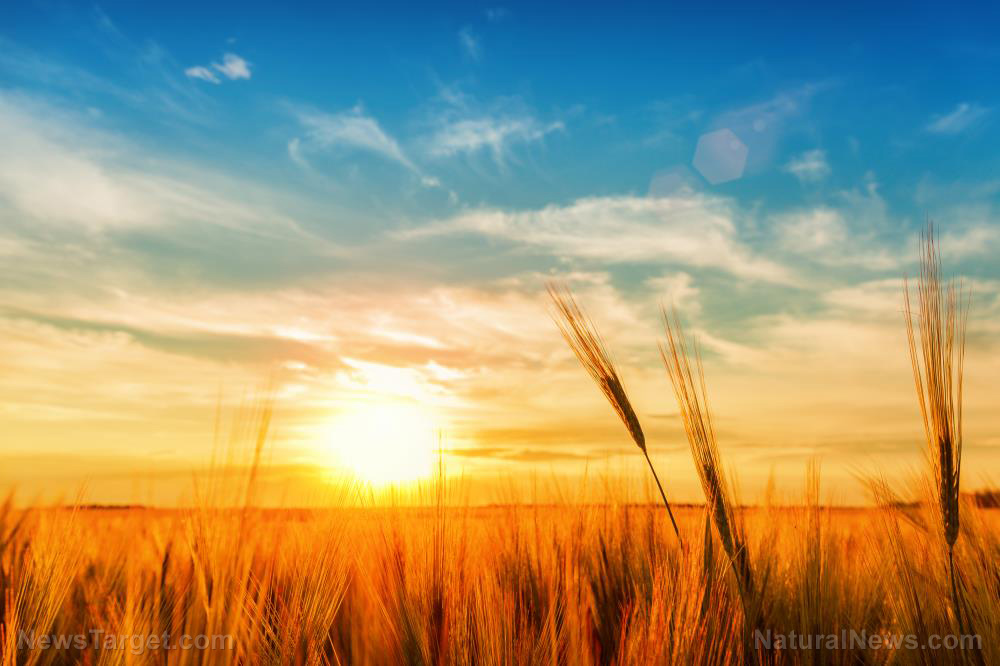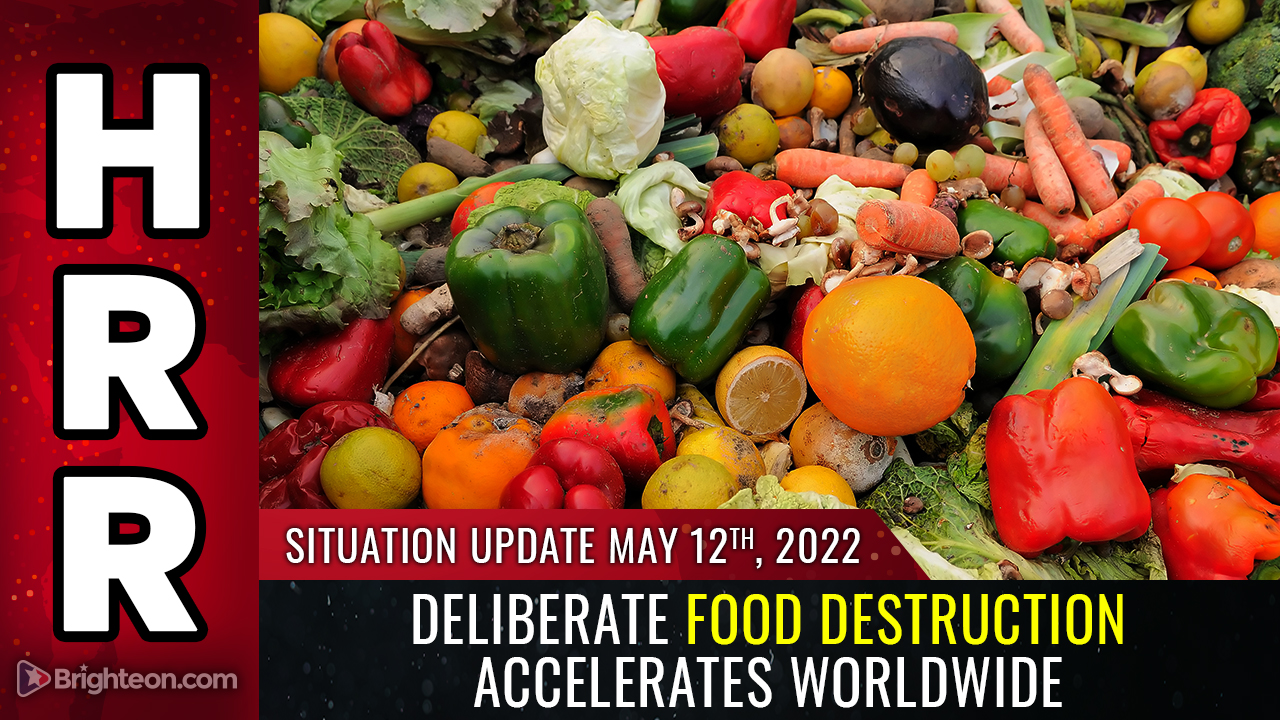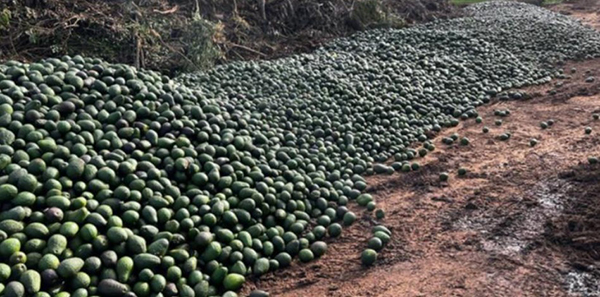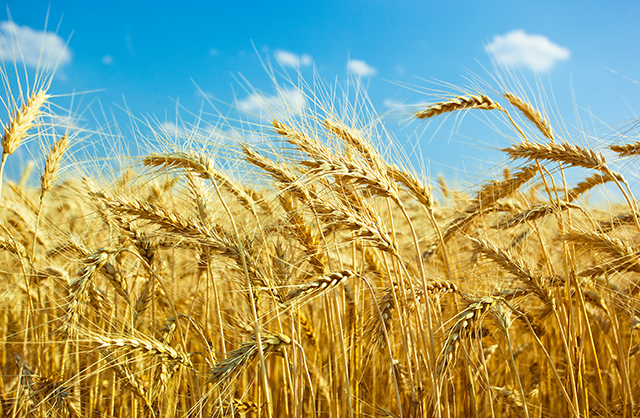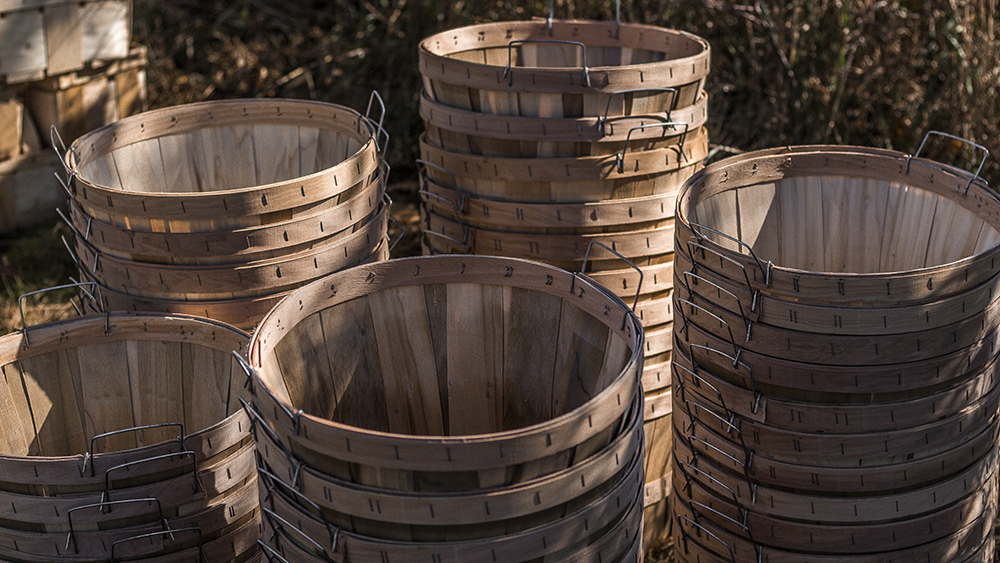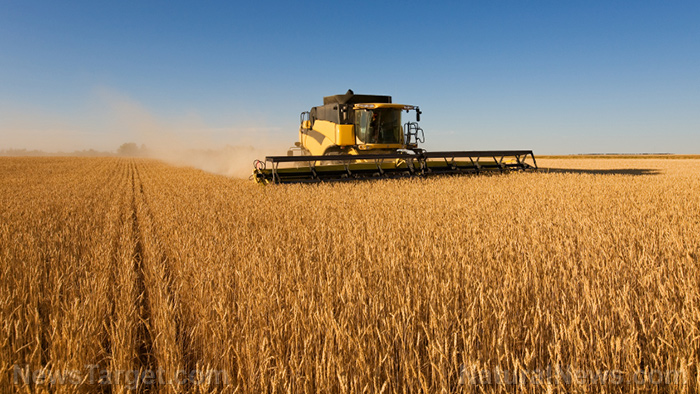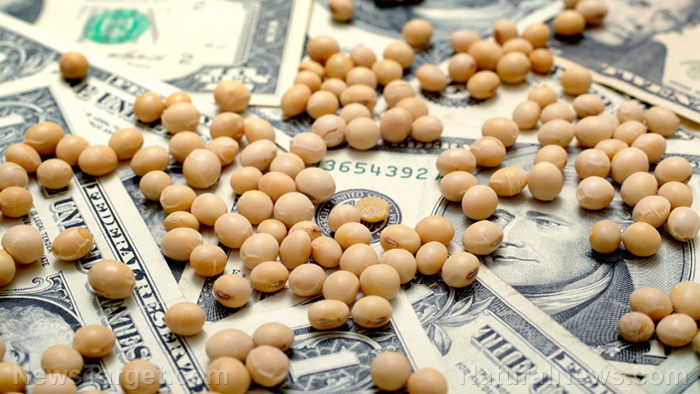America continues to use 100 herbicides and pesticides that are BANNED in other countries
02/07/2020 / By Cassie B.
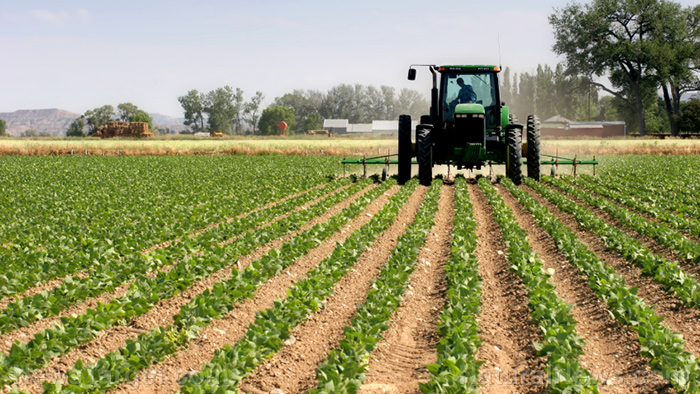
You’ve heard about the dangers of certain pesticides, but perhaps you figure that if farmers are still allowed to use them, they can’t be that bad, right?
If you live in the U.S. and you put your trust in regulators, you could be in for a rude awakening as a sobering new study shows that America continues to use 100 pesticides and herbicides that other countries have banned.
That’s right: Many of the same chemicals the government wants you think are safe have already been determined to be hazardous in other places of the world.
The study, which was published in the journal Environmental Health, looked at the U.S., the European Union, Brazil, and China – four of the biggest agricultural producers and, by extension, four of the greatest consumers of agricultural pesticides on the planet. The study’s comparison of the ability and inclination of the various regulatory agencies involved when it comes to banning or eliminating harmful agricultural chemicals was eye-opening.
Researcher Nathan Donley looked at the approval status of more than 500 different pesticides in the four countries and then compared the different nations’ approaches. He also looked at the pesticides that are allowed in the U.S. but banned elsewhere.
According to the study, America uses an incredible 72 pesticides that have been banned or are being phased out in the European Union. The U.S. also uses 17 and 11 pesticides, respectively, that Brazil and China have outlawed.
It’s not just the number of specific pesticides still being used here that is concerning; the volume should also be considered. The study found that 322 million pounds of the pesticides sprayed on American crops in 2016 were varieties the EU has banned, while 26 million pounds and 40 million pounds of pesticides used stateside were banned in Brazil and China, respectively.
Perhaps even more worryingly, they found that more than a quarter of the agricultural pesticide use in the U.S. involved pesticides that Europe has banned. The amounts used have not gone down in response to bans in other places.
The EPA is failing to protect us
You can thank the Environmental Protection Agency (EPA) for this sad state of affairs as they are responsible for the regulation and enforcement of pesticide actions in the U.S. The pesticide industry is only required to demonstrate that their products “will not generally cause unreasonable adverse effects on the environment.”
The EU, in contrast, has the most protective and thorough regulations governing pesticide use among the world’s other major agricultural producers. The European Commission has regulations that “ensure that industry demonstrates that substances or products produced or placed on the market do not have any harmful effect on human or animal health or any unacceptable effects on the environment.” In other words, the pesticide industry there must prove its products won’t harm humans or the environment. Moreover, the approval and use of pesticides with known carcinogens, endocrine disruptors, reproductive toxicants and mutagens is expressly banned.
The study emphasized that total pesticide bans are the best way to prevent people from being exposed to hazardous substances, and Donley expressed concern that the U.S. is lagging so far behind when it comes to banning pesticides that other major agricultural powers have deemed too dangerous to be used.
So the next time you’re tempted to dismiss people’s concerns about pesticides, take a look at what other regulatory agencies think of the chemicals in question. Does the EPA really expect us to believe that Americans are somehow immune to the damage a pesticide or herbicide can cause to European, Brazilian, or Chinese people? The government simply isn’t looking out for you in this regard and many others, which is why you should stick to organic produce or grow your own if possible.
Sources for this article include:
Submit a correction >>
Tagged Under:
banned, Brazil, China, EPA, EU, food supply, harvest, herbicides, pesticide ban, toxic chemicals, toxic food, US
This article may contain statements that reflect the opinion of the author
RECENT NEWS & ARTICLES
COPYRIGHT © 2017 HARVEST NEWS





